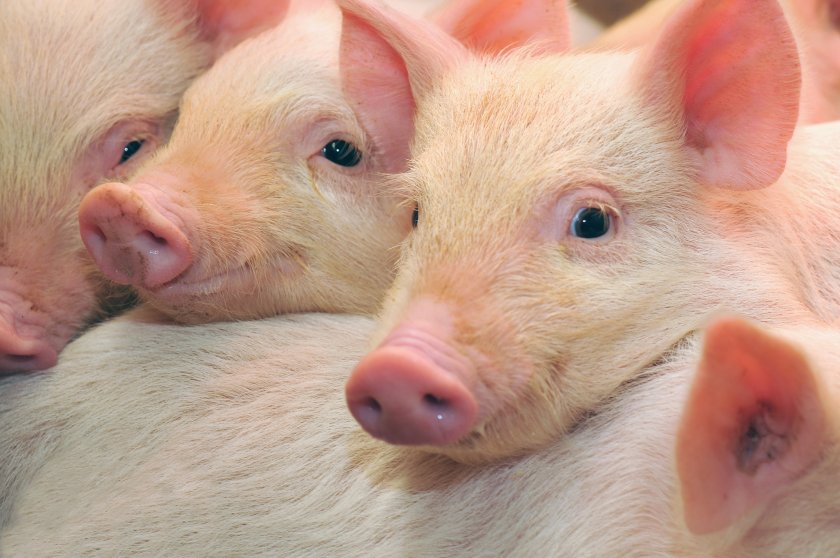
Researchers have been awarded funding to progress vaccine development for Enzootic pneumonia, the most common respiratory disease in pigs.
The Royal Veterinary College (RVC) research, which has been given a boost with Defra funding, will specifically focus on Mycoplasma hyopneumoniae (M.hyop), the causative agent of the disease.
Infection of M.hyop is a debilitating disease in pigs that causes huge economic losses for farmers.
It is present in 80% of UK pig herds, and can result in a 16% reduction of growth and a 14% reduction in feed conversion in pigs.
Additionally, piglets are considered free from M.hyop at birth. But with close contact between infected and susceptible pigs, the main route of transmission is often during lactation when piglets are first exposed.
This places piglets under enormous risk of developing the respiratory disease as well as infection from secondary pathogens.
There are currently no commercial vaccines available that would prevent initial infection.
While M.hyop is susceptible to a variety of antibiotics, use of them need to be reduced to avoid overuse and the occurrence of multi-drug resistant strains.
A priority for the team of RVC researchers will be developing new vaccines that confer protective immunity and reduce transmission.
The research team will also research the optimisation of protocols to eliminate M.hyop from pig herds in an effort to further minimise potential transmission.
The project aims to discover the bacterial genes that are necessary for disease as a basis for the development of better vaccines to prevent the circulation of Enzootic pneumonia.
Dirk Werling, Professor of Molecular Immunology at the RVC, said: “Infection of Mycoplasma hyopneumoniae is a really debilitating disease in pigs that causes huge economic losses for farmers.
"I am very pleased that we will be able to continue working with a pharmaceutical partner to develop a new vaccine using state-of the-art technologies.”
The research is part of the UK government's investment of £9 million to combat endemic livestock diseases.
